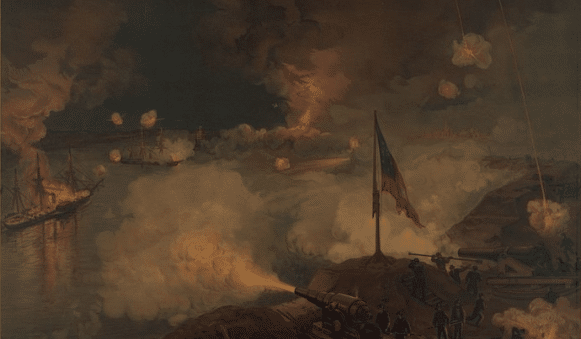Guest blogger and long-time Council friend, Bob W. presents Part 63 of a series dealing with Alcoholism and Addiction from a Mystical, Mythological Perspective, reflecting Bob’s scholarly work as a Ph.D. in mythological studies.
The 2001 HBO series, Band of Brothers, is about a company of paratroopers, “E” or Easy Company of the 2nd Battalion of the 506th Parachute Infantry Regiment of the 101st Airborne Division, who parachuted behind the lines in Normandy on “D” Day, the 6th of June, 1944. A total of 10 episodes, it takes this group of men from their training in the U.S., through the invasion, into Germany, and to the conclusion of World War II in mid-1945. The exploits of this unit were quite intense and unique in what they faced in a number of events of the War. But the story is really about the men and the bonds that they forged as they encountered horrific events together. It provides a powerful image of what can develop among people in a long term, high stressed series of events.
I am reminded of the leaders of the Greeks who fought together in the long term siege of Troy, as portrayed in Homer’s Iliad. Odysseus, Achilles, Nestor, Menelaus, Ajax, and even Agamemnon were side-by-side in many battles for 10 years. Similarly, the 2017 movie, Wonder Woman, the story involving the Amazons, presents the leaders of this colony of women warriors as a very similar band. Diana, her Mother, Queen Hippolyta, Antiope, Menalippe, Artemis, Venelia and Euboea have bonded together in a lifetime of strife in much the same way. As I see it, the idea of the “band of brothers” (or sisters), formed in this manner, carries a deep soulful mythos.
It also has a very powerful resonance for all us; it mirrors precisely the Fellowships that are a part of our own Journeys to Sobriety. Think of the bonds we have formed, still continue to form, with the sisters and brothers around us in all our activities. Could the energies that it all produces be more mythic? Could it seem more soulful and spiritually bound?
The term “band of brothers” comes from Scene III, Act IV of Shakespeare’s Henry V, wherein the King is exhorting his army facing a looming, badly-outmanned battle with the French. How fitting it is for all of us….
It will be remembered with advantages
What feats we do this day….*
For, from this day to the ending of the world,
We, those of us in them, shall be remember’d;
We few, we happy few, we band of brothers;
*My apologies to the Bard, Will S., for a wee-bit of editing


